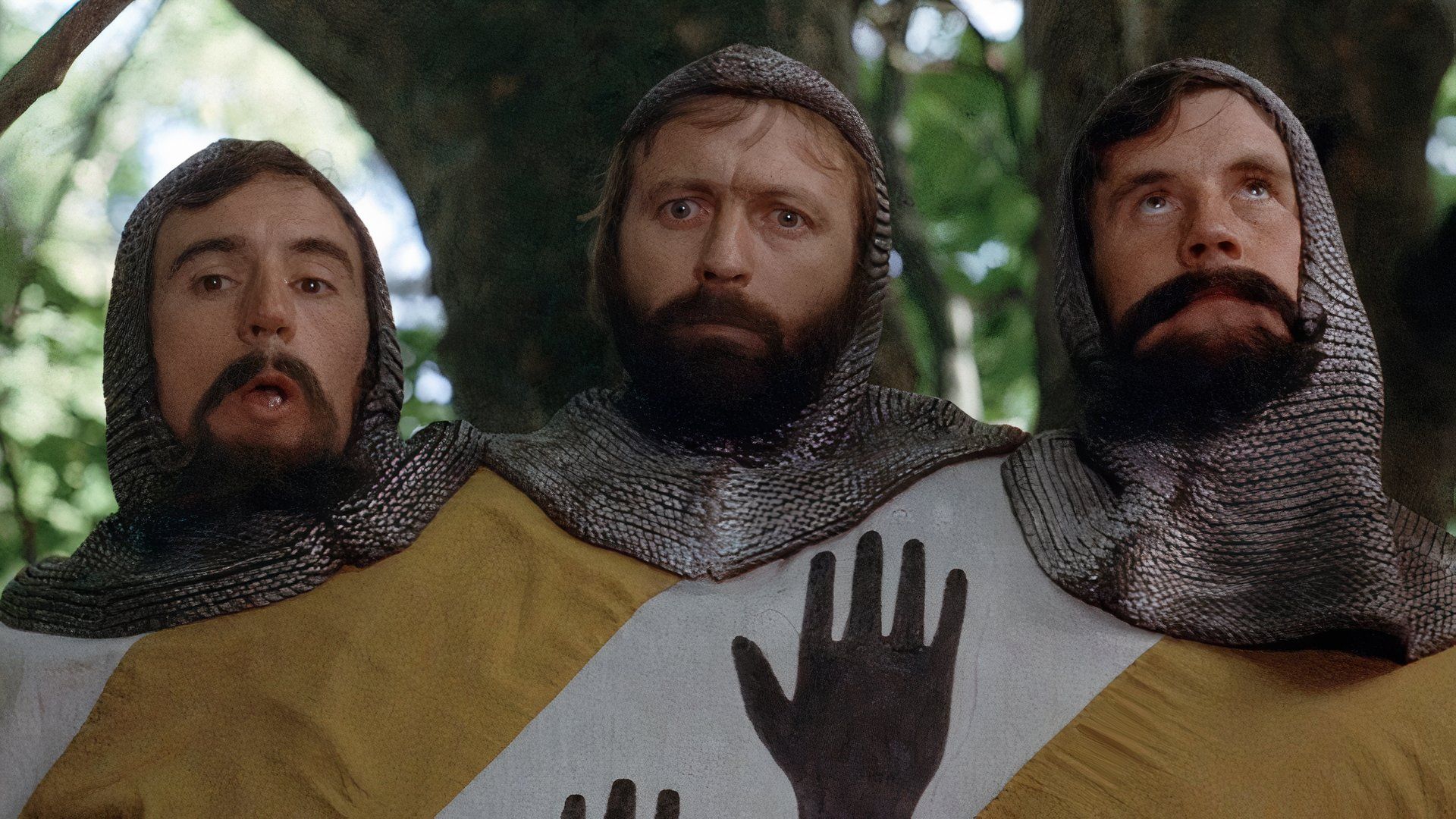
Over time, it’s been noticed that comedies don’t usually stand the test of time as well as other genres. This is because they often rely on humor derived from societal norms of their era, which shift over decades. As a result, jokes that once seemed funny might now make viewers uncomfortable or even cringe. However, some classic comedies have maintained their humor across generations, and one such timeless example just celebrated its 50th anniversary: Monty Python and the Holy Grail, the second film by the esteemed British comedy group, released on April 3rd, 1975.
Despite being more than half a century old, what makes “Monty Python and the Holy Grail” still capable of making people laugh, whereas many of its contemporaries have lost their charm over time?
Why Many Comedies Age Like Milk
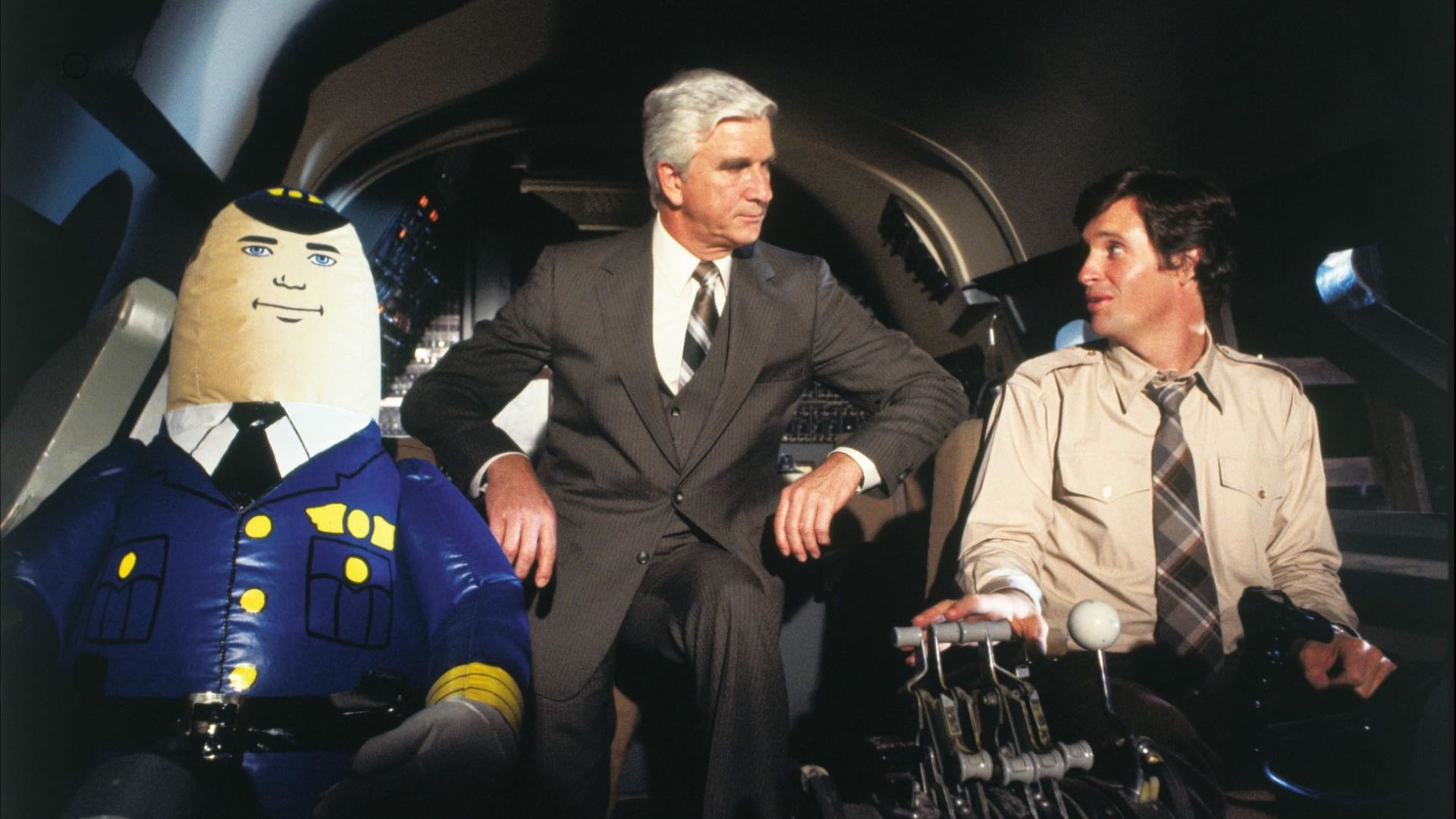
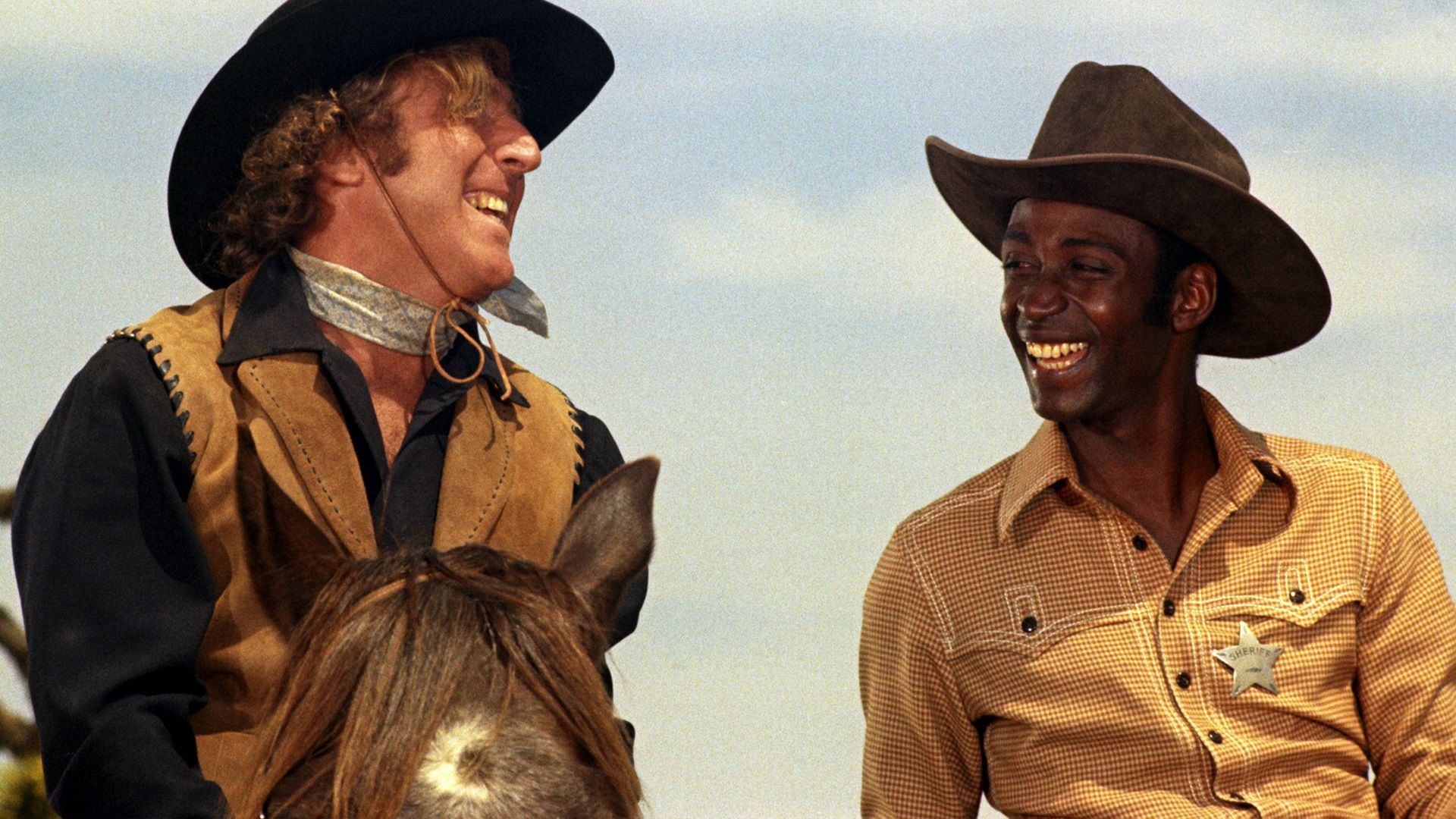
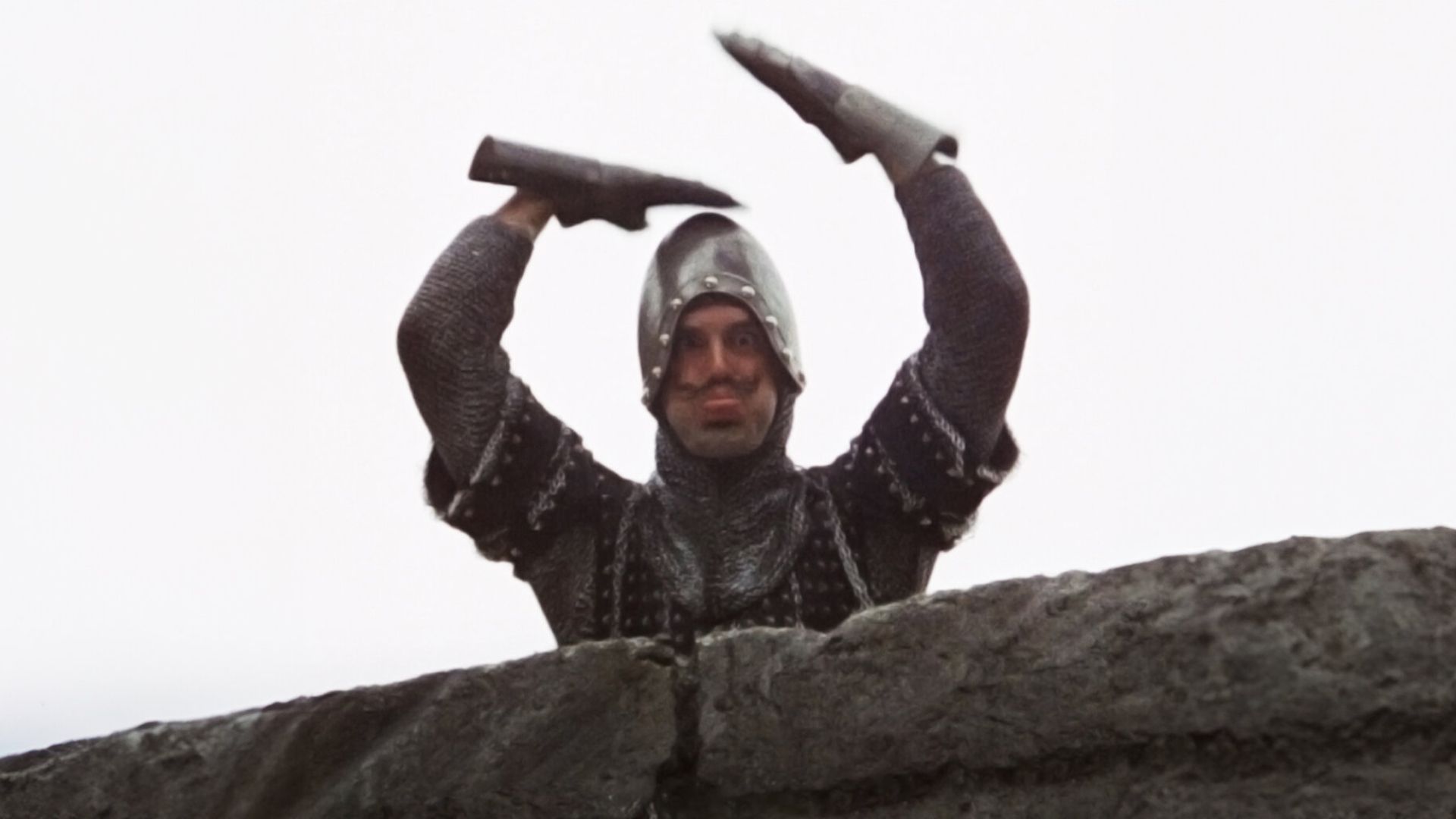
Comedies often reflect the era they were created in, and some manage to remain relevant despite this. For instance, “Airplane!” was designed to mock the popular disaster movies of its day, a genre that has since waned in popularity. However, its abundance of jokes and absurdity have allowed it to rise above its temporal context to become one of the greatest comedies ever made. It’s a cultural reference that most people can grasp. Unfortunately, other comedies that are more closely tied to their specific time and location don’t always have this longevity.
In various instances, the accepted boundaries for what can be joked about in comedy tend to adapt with time, reflecting changes in our societal understanding and perceptions. Many older comedies include jokes that would no longer pass muster today, particularly those concerning race, sexuality, or gender. Instead of lamenting this as a sign of audiences becoming too sensitive or politically correct, it’s simply the consequence of ongoing cultural development, as our shared sense of humor is always evolving.
Some movies break through barriers with boldness, maintaining their power to entertain and disturb audiences. A notable example is “Blazing Saddles,” a film that remains as funny, if not funnier, than when it was first shown. Its humor primarily lies in its relentless dismantling of societal norms, and its satire of racial politics seems to have grown even more poignant over time.
Monty Python and the Holy Grail stands out as an exceptional comedy that doesn’t directly respond to societal trends in 1975 or mimic the in-your-face satire of Blazing Saddles, yet it continues to be hilarious. This timeless and placeless quality may explain why it has remained popular for so long.
‘Holy Grail’s Silliness is Evergreen
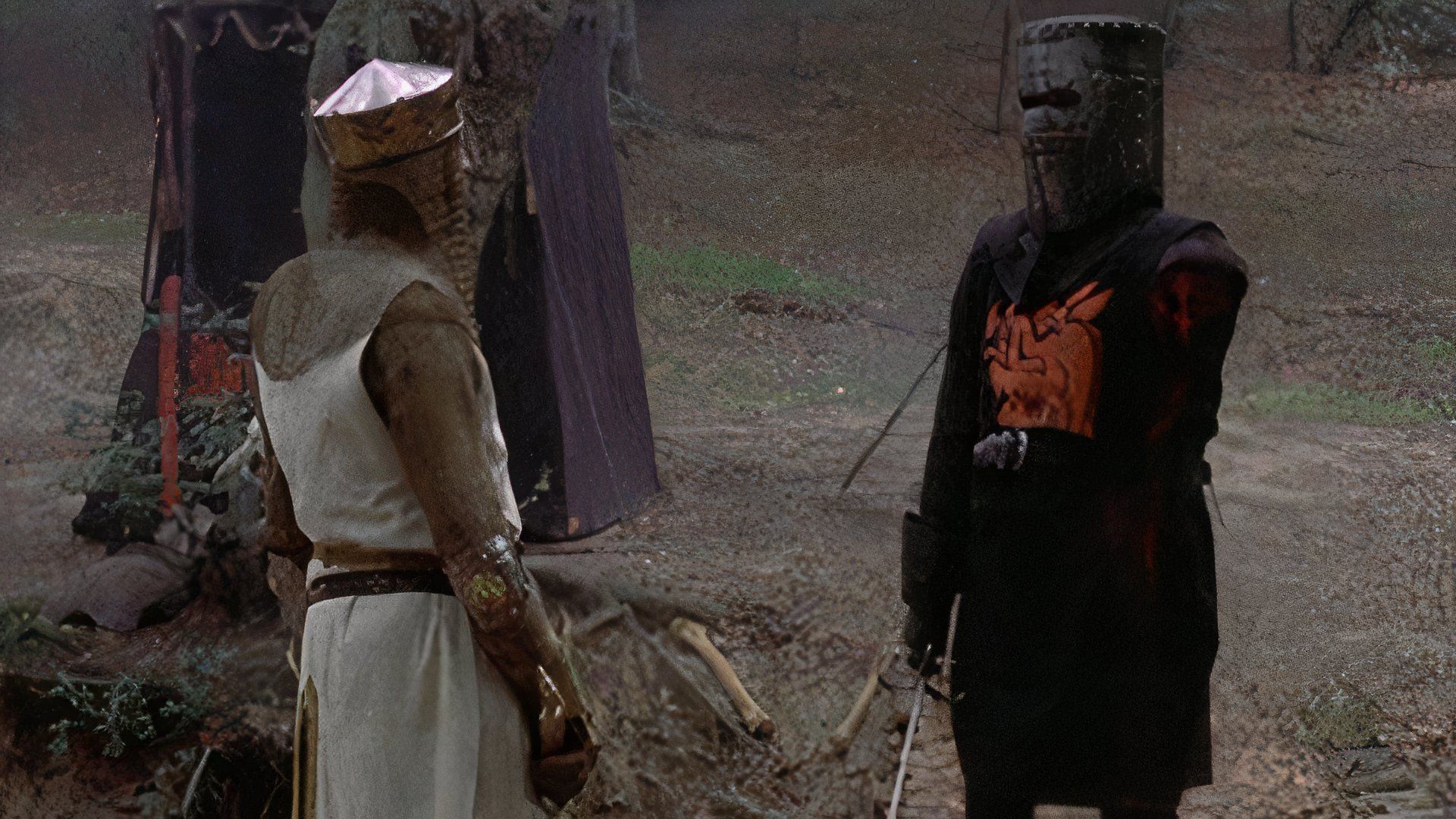
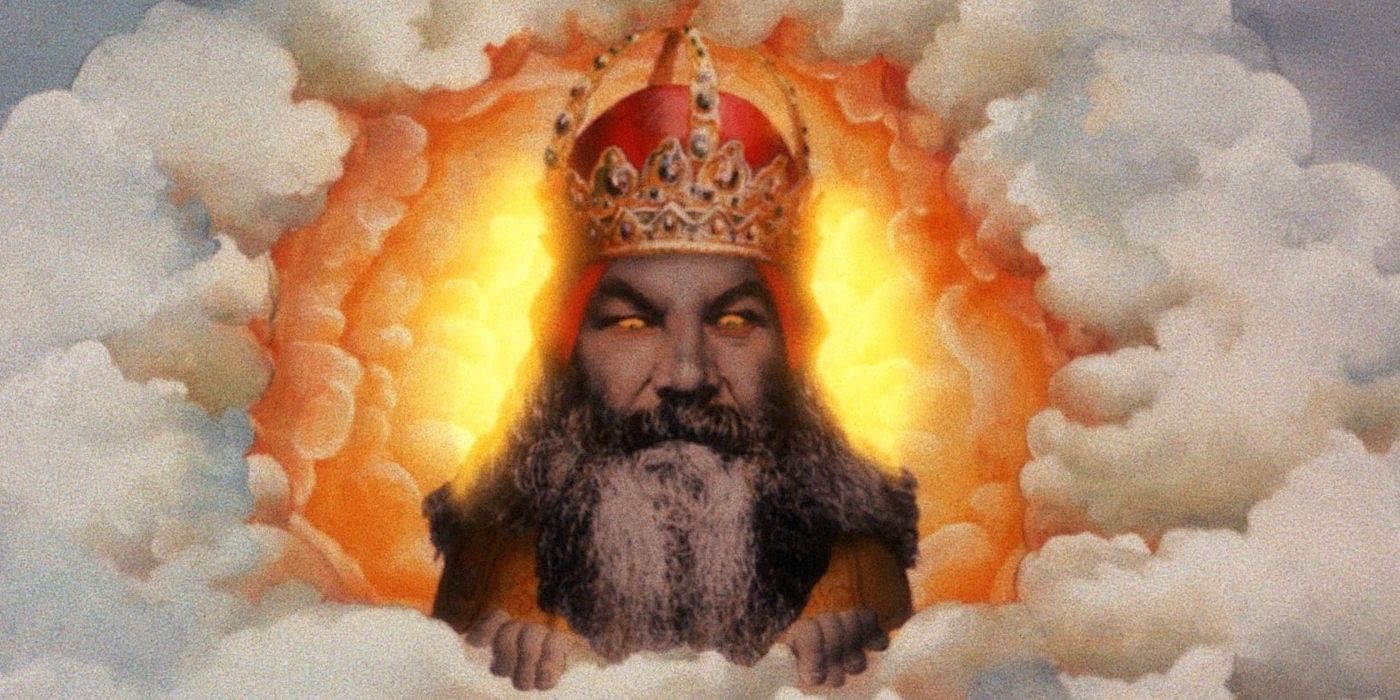
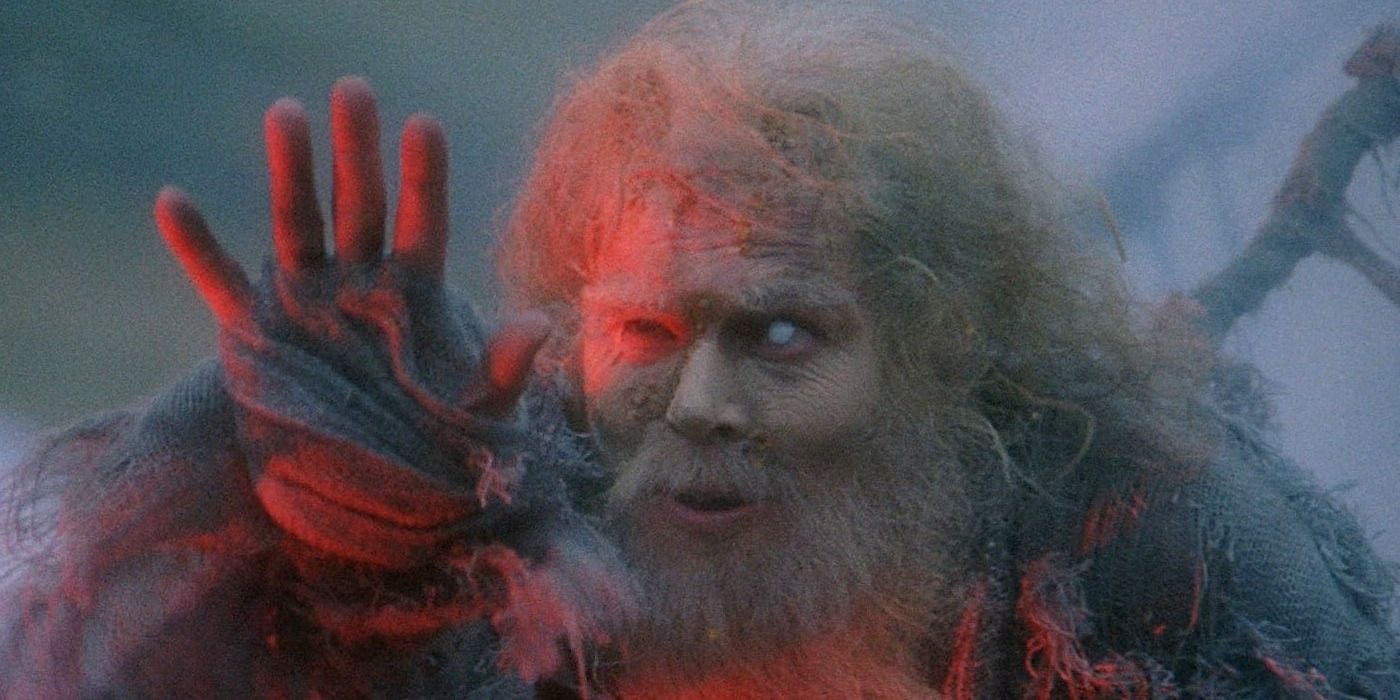
The movie “Monty Python and the Holy Grail” is delightfully foolish from start to finish, showcasing the peculiar, nonsensical humor that Monty Python was known for. By satirizing the romanticized ideals of chivalry found in most Medieval tales, it provides a comedic twist on the genre without intending to convey any deep message. Instead, it skillfully weaves together numerous humorous moments while maintaining a somewhat linear narrative.
If one were to interpret the Holy Grail symbolically, it might challenge traditional heroic narratives such as those surrounding King Arthur and his knights. Instead of portraying them as near-superhuman figures, it presents them more as blundering buffoons who have been inflated by time and legend. Furthermore, there’s a touch of religious satire in this depiction, as the knights’ spiritual quest ultimately proves fruitless. The Monty Python team would later skewer organized religion more explicitly in their 1979 film titled “Life of Brian.
In essence, it’s not just the passage of time that keeps the movie amusing after half a century; rather, it’s the lasting combination of wisdom and folly that drives the humor, with utterly foolish jokes crafted and enacted by remarkably intelligent individuals. Each viewer likely has their preferred joke or scene, and reenacting scenes or reciting lines remains a favorite activity for some dedicated cinephiles.
Comedy needn’t shy away from reflecting its era or delving into deeper themes – it can serve powerfully to express truth and help us navigate difficult times, as evident in shows such as The Daily Show and Last Week Tonight. For those aiming for comedies that remain relevant half a century from now, rather than becoming mere time capsules, maintaining a focus on humor for its own sake could be an effective approach.
Read More
- PI PREDICTION. PI cryptocurrency
- WCT PREDICTION. WCT cryptocurrency
- Guide: 18 PS5, PS4 Games You Should Buy in PS Store’s Extended Play Sale
- LPT PREDICTION. LPT cryptocurrency
- Gold Rate Forecast
- SOL PREDICTION. SOL cryptocurrency
- FANTASY LIFE i: The Girl Who Steals Time digital pre-orders now available for PS5, PS4, Xbox Series, and PC
- Playmates’ Power Rangers Toyline Teaser Reveals First Lineup of Figures
- Shrek Fans Have Mixed Feelings About New Shrek 5 Character Designs (And There’s A Good Reason)
- Here’s What the Dance Moms Cast Is Up to Now
2025-04-21 00:09